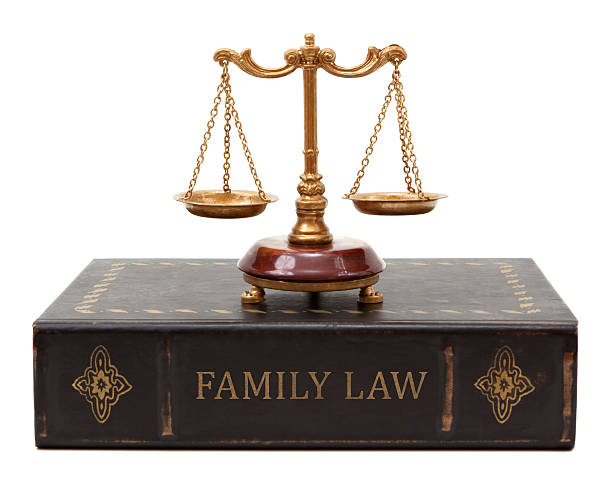Family Law Act Section 90SA to 90SC are under Part VIIIAB, Division 2, Subdivision A. In this blog we will outlines some relevant points from these Sections. The Family Law Act is the leading legislation for family law in Australia.
Family Law Act Section 90SA to 90SC
Firstly, Section 90SA of the Family Law Act states that this division does not apply to certain matters covered by binding financial agreements. Binding financial agreements are legal documents that highlight how divisions of assets will take place once a couple separates or divorces.
Subsection (1) of Section 90SA states that certain matters covered by binding financial agreements are exempt from the provisions of this Division. These matters include:
- The maintenance of one of the spouse parties.
- The property owned by the spouse parties or either of them.
- The financial resources of the spouse parties or either of them.
However, there are exceptions to subsection (1) in the following situations:
- In proceedings related to the maintenance of a party involved in a de facto relationship, where one party is a bankrupt and the other party is the bankruptcy trustee.
- In proceedings related to the distribution of vested bankruptcy property after the breakdown of a de facto relationship, where one party is a bankrupt and the other party is the bankruptcy trustee.
Despite the provisions of subsection (1), a party involved in a de facto relationship can still initiate property settlement proceedings under this Part if the Part VIIIAB financial agreement is not binding on that party.
For example, even though Ben and Cathy have a Part VIIIAB financial agreement before Ben’s de facto relationship with Amy ends, Amy is not prevented from initiating property settlement proceedings against Ben.

Section 90SB
Under Family Law Act Section 90SA to 90SC, Section 90SB is titled “when the division applies — length of relationship etc.”
In order for a court to make an order or declaration concerning a de facto relationship under section 90SE, 90SG, 90SM, or 90SL, the court must believe the following:
- (a) The de facto relationship has lasted for a period of at least 2 years, or the total duration of multiple periods adds up to at least 2 years.
- (b) There is a child of the de facto relationship.
- (c) The party applying for the order or declaration has made significant contributions as outlined in paragraph 90SM(4)(a), (b), or (c), and not making the order or declaration would result in severe injustice to the applicant.
- (d) The parties registered the relationship under a prescribed law of a State or Territory.
Please note that for the definition of a child of a de facto relationship, refer to section 90RB.
Section 90SC
- In the event that the parties in a de facto relationship subsequently opt for marriage, this Division (excluding subsections 90SJ(2) to (5)) will no longer be applicable to the said de facto relationship.
- Notwithstanding subsection (1), a declaration, order, or injunction that was issued in property settlement proceedings under this Division pertaining to the de facto relationship and was in effect at the time of the parties’ marriage, may be enforced, modified, or nullified in accordance with this Act following the marriage.
- If a declaration, order, or injunction is nullified as described in subsection (2), another declaration, order, or injunction may be made under this Division as a replacement for the previously nullified declaration, order, or injunction.

Importance of Seeking Advice from Family Lawyers
The Family Law Act is quite extensive and complex. If you are dealing with a family law case, it is necessary for you to seek legal advice from experienced lawyers. At JB Solicitors, we have a leading team of family law experts who can help you with a variety of matters. This includes:
- Child custody
- Property settlements
- Divorce and separation
- Binding financial agreements
For more information on any of this, contact our team of lawyers today.
